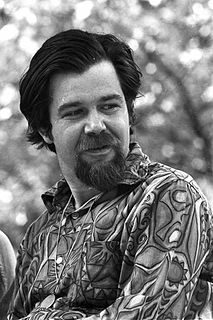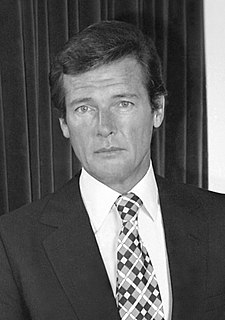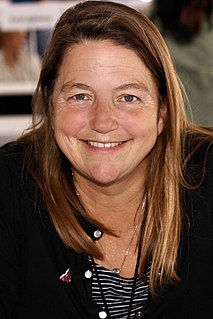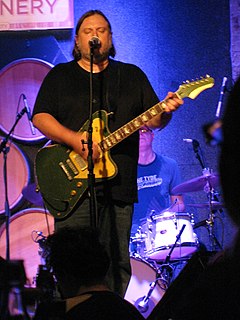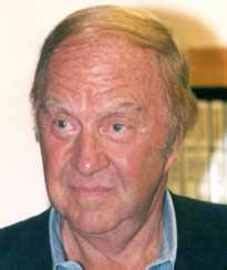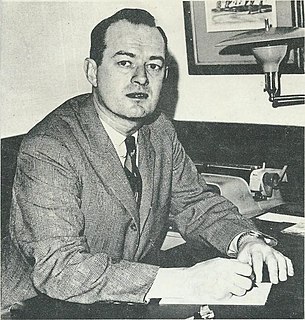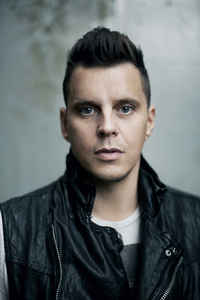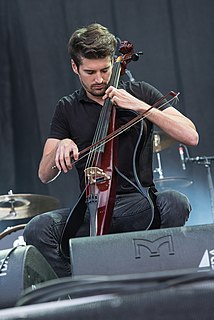A Quote by Dave Van Ronk
In the early 1970s. 1971, '72. The rooms were closing down, record labels weren't signing acoustic acts any more. Although they had been pretty much been getting out of that for some time before that.
Related Quotes
Getting recognized and doing shoots and signing on partnerships and signing on deals, that's all great, and I'm so appreciative of that, but it's more the reward that's the most satisfying. I know the importance of working hard, and I appreciate pretty much everything that has come my way; I don't take any of it for granted.
I was in Mongolia, pretty extreme situations. We were sick with dysentery, we were sick with bronchitis. I had been bitten by a dog for the first time in my life and my whole hand was black, and there was no way to even think of getting a rabies shot without driving for five days, and then you wouldn't have wanted that needle in your skin anyway. And I had my period. Everything was wrong at one time. Like, I couldn't have been more uncomfortable. And I stayed up - it was too cold to sleep.
Mia and I had been together for more than two years, and yes, it was a high school romance, but it was still the kind of romance where I thought we were trying to find a way to make it forever, the kind that, had we met five years later and had she not been some cello prodigy and had I not been in a band on the rise - or had our lives not been ripped apart by all this -I was pretty sure it would've been.
Blasts from the past were like the rooms one entered and re-entered in dreams: they would not stay nailed down. When you returned to them, they had changed - they suddenly had more space or a tilt or a door that had not been there before. New people were milling around, the floors undulated, and the sun shone newly, strangely in the windows, or through the now blasted-open ceiling, or else it shone not at all, as if having fled the sky.
I do remember, one time, a man came to me after the students began to work in Mississippi and he said the white people were getting tired and they were getting tense and anything might happen. Well, I asked him "how long he thinks we had been getting tired"? I have been tired for 46 years and my parents was tired before me and their parents were tired, and I have always wanted to do something that would help some of the things I would see going on among Negroes that I didn't like and I don't like now.
They fought on with a devotion which would puzzle the generation of the 1980s. More surprising, in many instances it would have baffled the men they themselves were before Pearl Harbor. Among MacArthur's ardent infantrymen were cooks, mechanics, pilots whose planes had been shot down, seamen whose ships had been sunk, and some civilian volunteers.
Early American music and early folk music, before the record became popular and before there were pop stars and before there were venues made to present music where people bought tickets, people played music in the community, and it was much more part of a fabric of everyday life. I call that music 'root music.'
